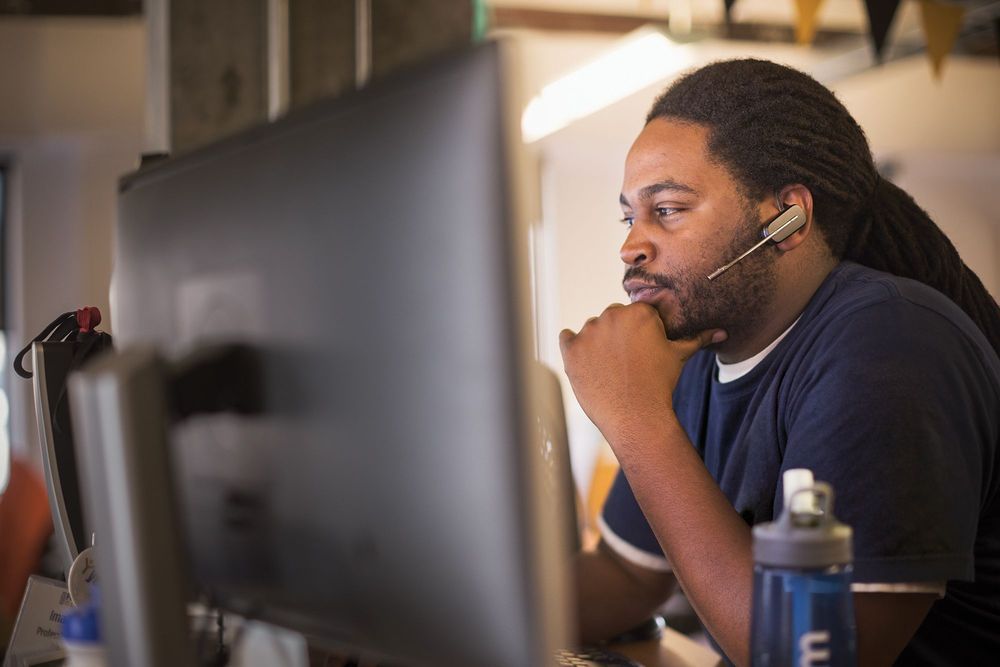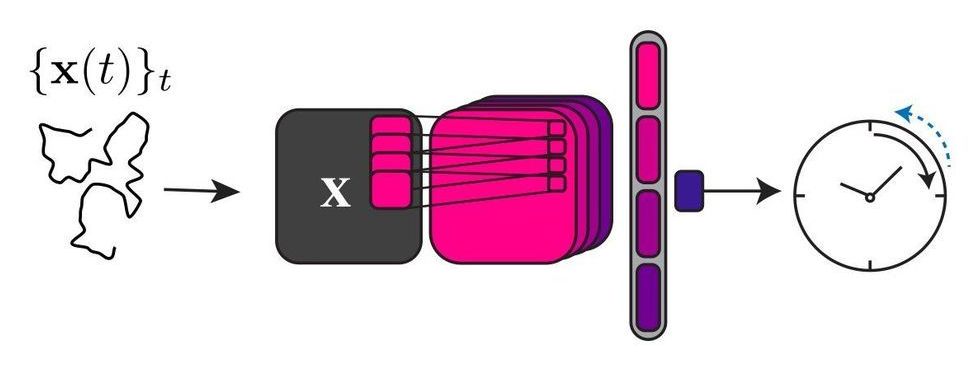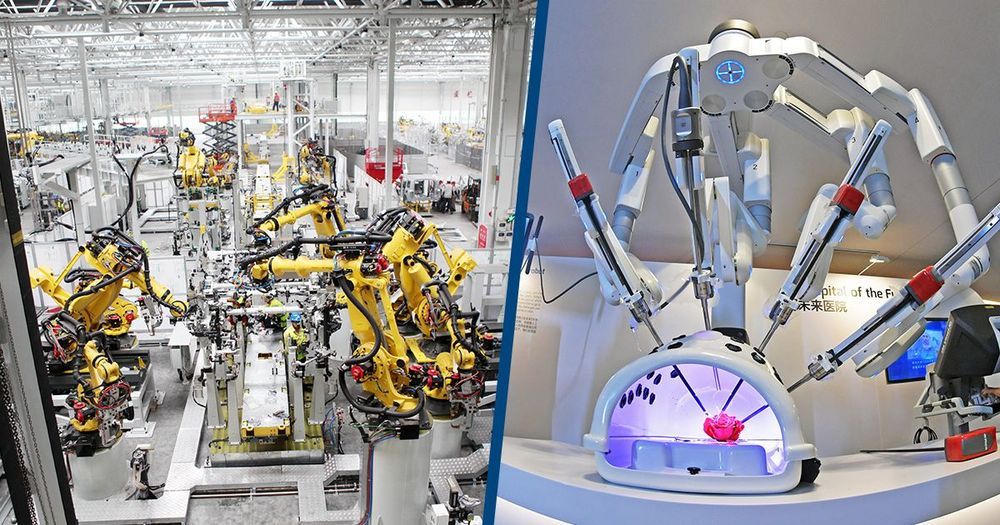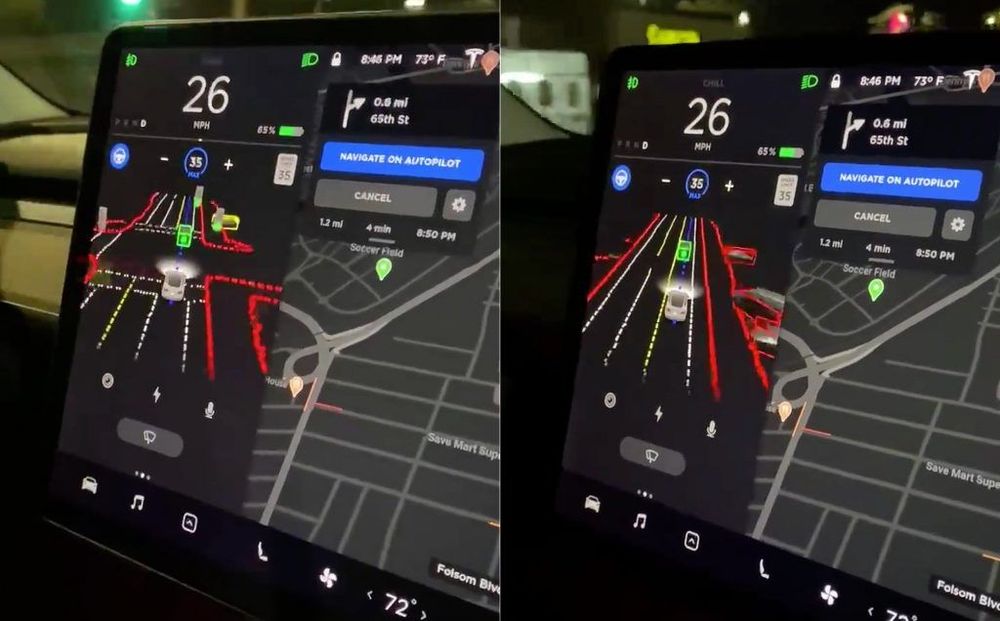Humans regularly tackle and solve a variety of complex visuospatial problems. In contrast, most machine learning and computer vision techniques developed so far are designed to solve individual tasks, rather than applying a set of capabilities to any task they are presented with.
Researchers at York University in Canada have been trying to better understand the mechanisms that allow humans to actively observe their environment and solve the wide range perception tasks that they encounter every day, with the hope of informing the development of more sophisticated computer vision systems. In a paper pre-published on arXiv, they presented a new experimental setup called PESAO (psychophysical experimental setup for active observers), which is specifically designed to investigate how humans actively observe the world around them and engage with it.
“The hallmark of human vision is its generality,” Prof. John K. Tsotsos, one of the researchers who carried out the study, told TechXplore. “The same brain and visual system allow one to play tennis, drive a car, perform surgery, view photo albums, read a book, gaze into your loved one’s eyes, go online shopping, solve 1000-piece jigsaw puzzles, find lost keys, chase after his/her young daughter when she appears in danger and so much more. The reality is that as incredible as AI successes have been so far, it is humbling to acknowledge how far there still is to go.”







